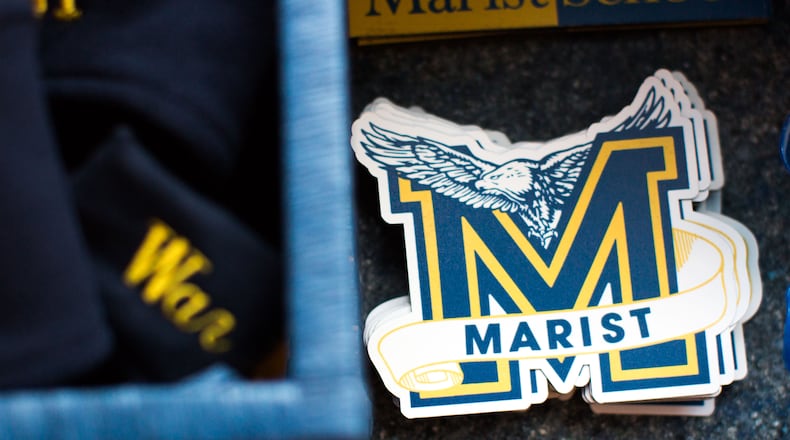Georgia House members have filed two bills that would dramatically increase the amount of money available for private school scholarship programs.
The state currently allots about $58 million a year to provide tax credits to Georgians and companies that donate to private school student scholarship organizations. The money typically goes quickly - often in a few hours - because the organizations and schools market the scholarship programs months ahead of time.
Under separate bills - House Bill 236 filed by Rep. Sam Teasley, R-Marietta, and House Bill 217 by Rep. John Carson, R-Marietta - the state would increase the tax break pool to $150 million a year and build in some automatic increases.
Teasley’s bill would also split up the available tax credit money, making some available Jan. 1 and some July 1.
House Bill 217 is co-sponsored by Rep. Earl Ehrhart, R-Powder Springs, one of the fathers of the student scholarship program who founded an organization that provides private school scholarships.
While the scholarships have helped pay for thousands of children to attend private schools, the program has been heavily criticized by advocates of public schools.
A group backed by the Southern Education Foundation sued the state over the program in 2014, saying the student scholarship tax credits violate both the Georgia Constitution and tax laws by, among other things, providing indirect public funding to religious schools, giving donors illegal benefits and allowing a school program to be run by private groups.
The Georgia Supreme Court recently heard oral arguments in the case.
The bills may wind up getting tangled in a political fight over a new law giving Georgians and companies tax breaks for donating to rural hospitals. Top lawmakers were unhappy when a consultant began signing up hospitals to pay his company to market and administer the tax credit program.
That consultant, Jim Kelly, is also founder of the state's largest student scholarship organization and has long lobbied to expand the amount of money lawmakers allocate for private school scholarships.
A third bill recently filed on the subject would insist that the schools the students on scholarship attend not discriminate in hiring or admissions on the basis of race, religion, sexual orientation, and several other areas. House Bill 230 may be problematic because many of the schools receiving the scholarship students are private Christian schools.
About the Author
Keep Reading
The Latest
Featured




